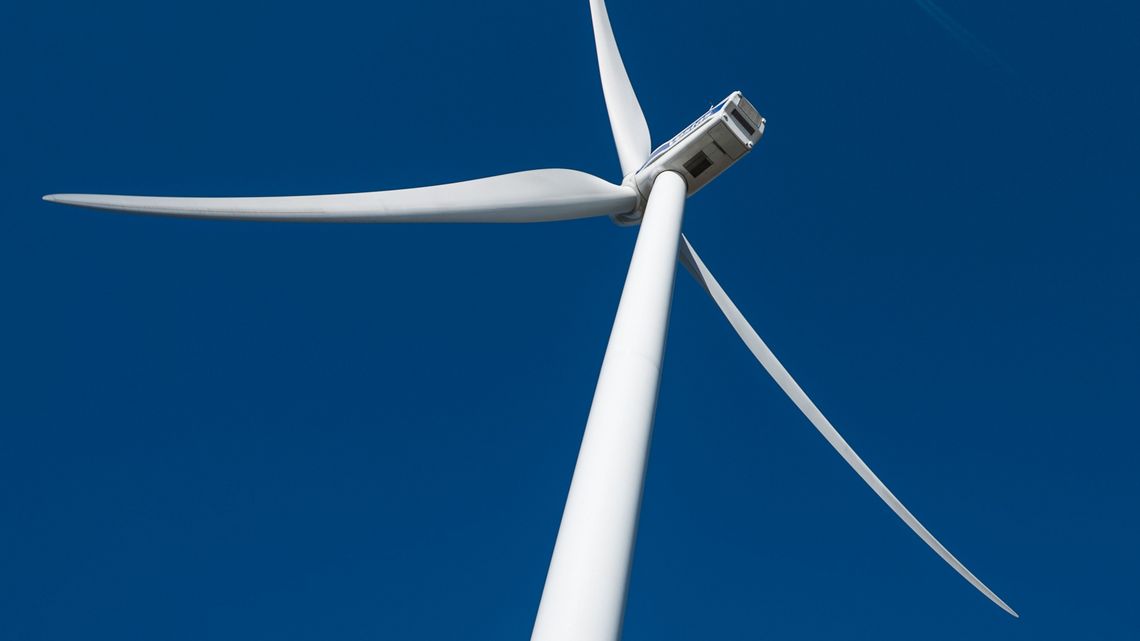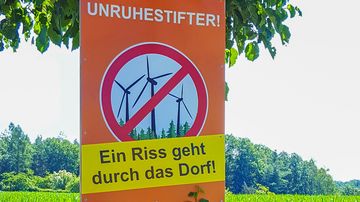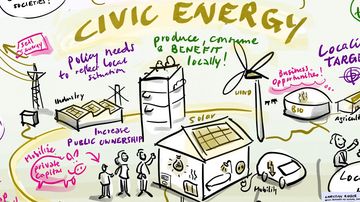Shaping the energy transition
Shaping the energy transition
Shaping the energy transition
Making our energy system climate-friendly is an immense challenge and affects society as a whole. Scientists at our university contribute to finding new solutions. Here we present examples of their research – from wind physics to innovation sociology.






